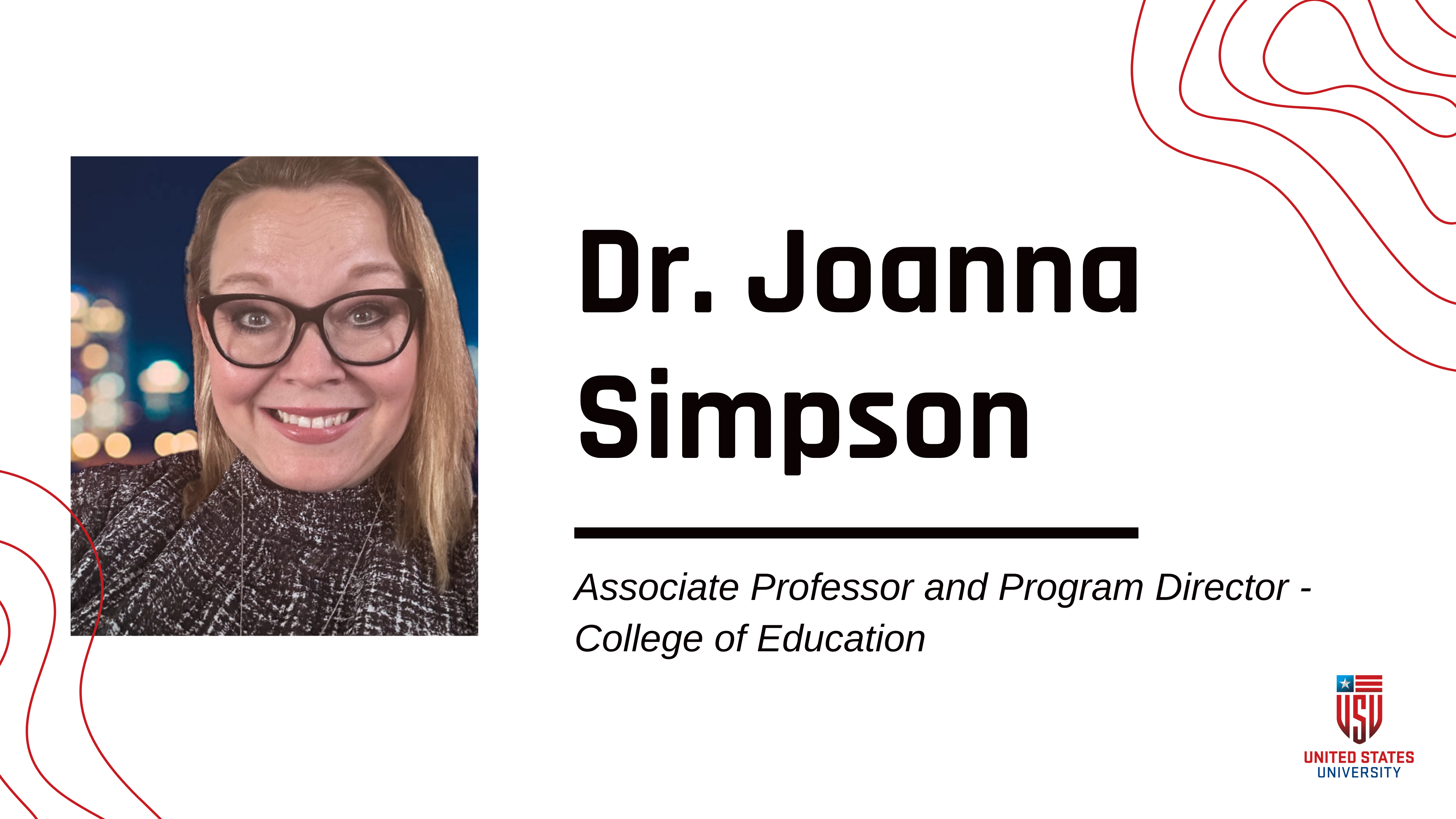FNP vs NP: Do You Know The Difference?
In the 21st century, nurse practitioners (NPs) — including family nurse practitioners (FNPs) — are vital members of the nursing profession and the healthcare team. If you’re wondering about the differences between FNP vs NP, this article can point you in the right direction.
What is a nurse practitioner (NP)?
NPs are nurses who have earned either a master’s or doctoral degree and serve as advanced practice registered nurses (APRNs). These highly trained nurses provide primary, acute, or specialty care to patients of all ages.
According to the American Association of Nurse Practitioners (AANP), NPs have been actively treating patients in the United States for at least half a century. NPs can assess and treat acute and chronic illnesses, order diagnostic tests, make referrals to specialists, and prescribe medications.
NPs have levels of clinical independence regulated by the state in which they work. As of mid-2022, over 25 states, the District of Columbia, Guam, and the Northern Mariana Islands have granted full practice authority to NPs, including the prescribing of narcotics.
AANP lists a number of available NP certifications, including:
- Adult Nurse Practitioner Certification (ANP-BC)
- Adult-Gerontology Acute Care Nurse Practitioner Certification (AGACNP-BC)
- Adult-Gerontology Primary Care Nurse Practitioner Certification (AGPCNP-BC)
- Advanced Diabetes Management Certification (ADM-BC)
- Emergency Nurse Practitioner Certification (ENP-BC)
- Family Nurse Practitioner Certification (FNP-BC)
- Gerontological Nurse Practitioner Certification (GNP-BC)
- Pediatric Primary Care Nurse Practitioner Certification (PPCNP-BC)
- Psychiatric-Mental Health Nurse Practitioner (Across the Lifespan) Certification (PMHNP-BC)
- School Nurse Practitioner Certification (SNP-BC)
Depending on their role, certification, level of practice authority, and training, NPs can work in many settings, including, but not limited to:
- Hospitals
- Clinics (e.g.: family, adult, gerontology, oncology, orthopedics, women’s health, family planning.)
- Private or group practices (specialty or non-specialty)
- Long-term care facilities (e.g.: memory care, assisted living, nursing home)
- Correctional institutions
- Schools (e.g.: universities, colleges)
- Corporate and employee health
- Urgent care (free-standing or part of a hospital system)
- Telehealth
- Research
What is an FNP?
Many NPs have the option to choose a specialty area of clinical focus. They can choose their specialty during school or anytime during their career (which would require CEU or additional schooling). FNPs are NPs who have chosen to specialize in family-focused care. This entails providing a range of healthcare services to patients of all ages and diagnoses.
FNPs can perform diagnostic tests and physical exams, as well as develop treatment plans and prescribe medicine, too. An FNP treats acute and chronic illnesses and conditions. According to the AANP, the top diagnoses treated by FNPs are:
- Abdominal pain
- Urinary tract infection
- Gastroesophageal reflux disease
Furthermore, FNPs can work in a variety of healthcare settings, besides primary care! The top practice settings for FNPs are:
- Outpatient clinics
- Private group practices
- Private physician practices
- Urgent care
FNP vs NP
FNPs can treat patients across the lifespan, from newborns to the very elderly. They often work in primary care, urgent care, university health centers, and long-term care facilities.
As an FNP, a nurse can choose to specialize through certification or focus on a particular area of practice.
If seeing patients in a clinic or medical practice, NPs may have a Monday-Friday daytime work schedule. Some NPs may find themselves in practices that serve patients in the evenings or on weekends, and taking after-hours calls may be a regular responsibility.
NPs in acute care hospitals, corrections, or other settings may have a variety of work schedules, including the night shift.
Working from home for a telehealth company is also a possibility for many NPs.
FNP vs NP education
The typical educational pathway for most NPs begins with graduating from an associate’s or bachelor’s program in nursing from an accredited college or university. Then, graduates must become licensed by passing the NCLEX licensing exam.
An RN may first work as a nurse to gain clinical experience before enrolling in an NP program, or they may enter a master’s program right away after receiving their licensure. A growing number of students with a degree in another discipline may earn an entry-level master’s degree in nursing and an NP license without first becoming an RN and working in that role.
The tuition for USU’s FNP program is $32,230 and is comprised of 48 graduate credit hours.
Following graduation from an FNP degree program, the candidate must successfully pass the Family Nurse Practitioner board exam.
Post-master’s certificates in nursing leadership and nursing education allow for NPs to pursue non-clinical roles. For example, a certificate in health care leadership or Nurse Education are options that may interest some NPs.
NPs must take responsibility for their own continuing education. Each state or territory has its own board of nursing that regulates continuing education (CEU) requirements for all nurses, including NPs.
Some employers may provide NP staff with CEU courses, in-services, or seminars. Other employers may allow an annual education budget for NPs to attend virtual or in-person conferences, seminars, and webinars.
Career Outlook and Salary
According to 2021 data from the Bureau of Labor Statistics (BLS), NPs were earning a median annual salary of $123,780 and a median hourly wage of $59.51. In 2021, there were 271,900 NPs practicing in the U.S.
Between 2020 and 2030, the BLS predicts 45% job growth for NPs (much faster than average), with at least 121,400 jobs expected to be added.
Next Steps
For those interested in becoming an FNP, USU’s FNP program is an excellent opportunity for moving forward in their career.
Helpful resources regarding the nurse practitioner role include:
- American Nurses Association
- American Association of Nurse Practitioners
- American Academy of Nurse Practitioners Certification Board
Keith Carlson, BSN, RN, NC-BC is a nurse, holistic career coach, writer, podcaster, and keynote speaker. Keith has conducted more than 2,000 coaching sessions with nurses from all walks of life, and his podcast, The Nurse Keith Show, reaches nurses throughout the world with fascinating interviews and messages of inspiration and career strategy. He lives and works in beautiful Santa Fe, New Mexico.



